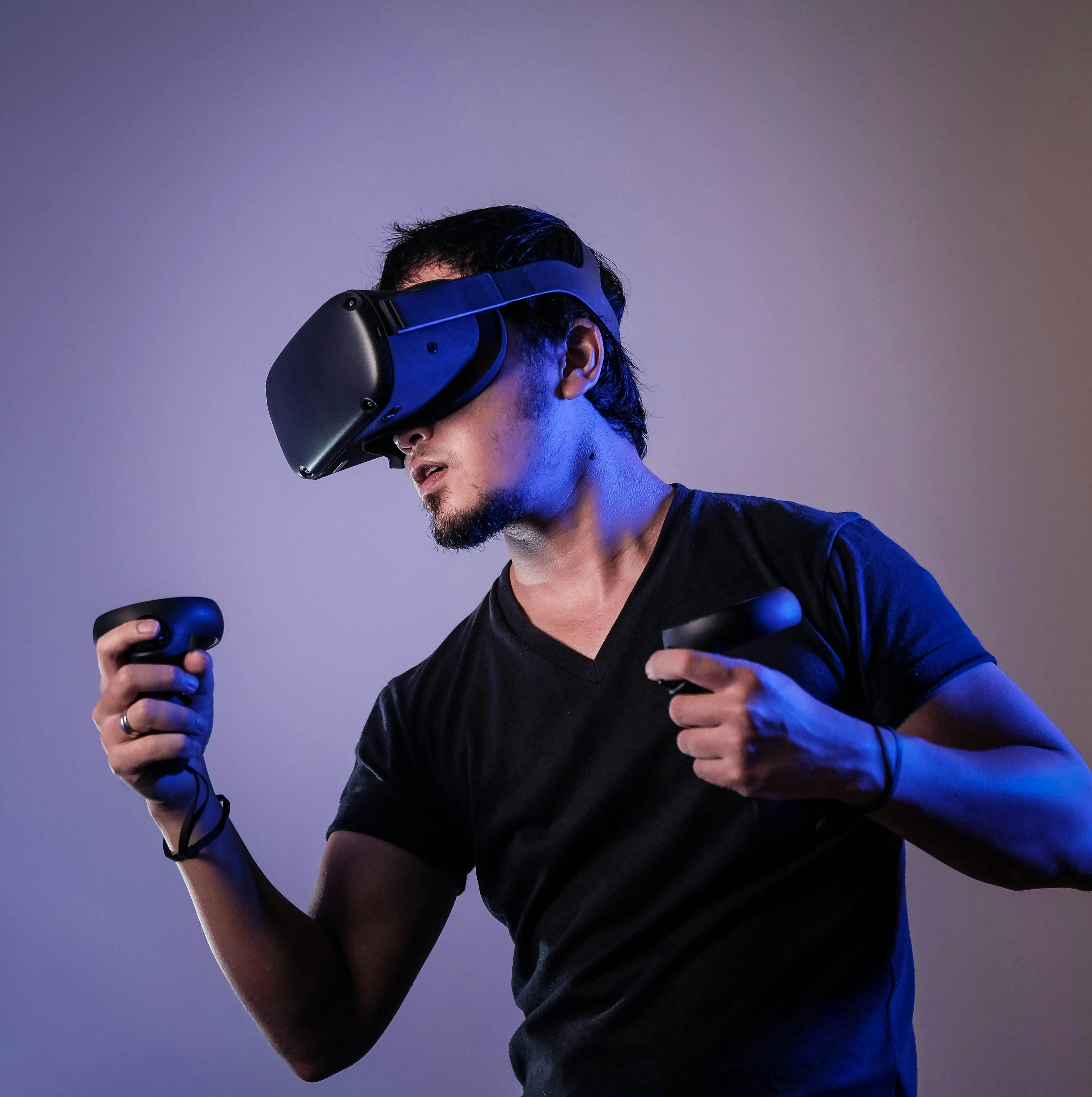Table of Content
- Dynamic Assessment & Evaluation
- Ethical Decision Support Systems
- Augmented Pedagogical Models
- Augmented Reality with AI Contextualization
- Driven Personalized Learning Pathways
- Autonomous Educational Agents
- Artificial intelligence Enhanced Cultural & Linguistic Adaptation
- Artificial intelligence in Custom Curriculum Design
- Predictive & Prescriptive Education Strategies
- Blockchain & Artificial intelligence Integration for Education
- Enhanced Gamification & Learning Simulation
- Conclusion
- F&Qs
Role of AI in Education deeply & advance discussion
The advance role of ai in education is rapidly developing and offering transformative opportunities that go beyond conventional applications. While many discussions focus on Artificial intelligence use in personalized learning, teaching & organizational tasks, there are several advanced and main aspects of Artificial intelligence in education that are less commonly explored. Here are some innovative & forward thinking roles of AI in education .
1.Dynamic Assessment & Evaluation:-
Real Time Learning Analytics in Artificial intelligence can provide analytics during learning activities and assessing not just the correctness of answers but the problem solving processes, creativity & reasoning skills & offering a extra complete view of students performance.
Self Adjusting Assessments use to assessments could adapt in real time based on student performance and offering more challenging questions or providing additional support as needed, thus continuously assessing and reinforcing learning.
2.Ethical Decision Support Systems:-
Ethical Dilemma Simulations use in Artificial intelligence can create simulations of complex ethical dilemmas relevant to education & professional scenarios and allowing students and educators to practice and discuss ethical decision making in a controlled environment.
AI Ethics Training use for systems can be designed to educate students & educators about Artificial intelligence ethics by modelling potential consequences of various AI-driven decisions, helping to cultivate a more nuanced thoughtful of responsible Artificial intelligence use.

3.Augmented Pedagogical Models:-
Dynamic Pedagogical Models mostly use AI to simulate & test new pedagogical theories by running virtual experiments with different teaching methods & learning environments. This could lead to the development of new, evidence based teaching strategies that adapt in real time to the use of various approaches.
Predictive Learning Outcomes use for AI driven simulations can predict how different pedagogical models will affect diverse student populations and helping educators to design curricula that are more effective and inclusive from the outset.
4.Augmented Reality with AI Contextualization:-
Context AR Experiences to AR environments can be enhanced with AI to provide context learning experiences. Example overlaying historical events in real time during field trips or contextualizing scientific phenomena in the learner immediate environment.
5.Driven Personalized Learning Pathways:-
Genomic & Biometric Data Integration:-Advanced AI systems could potentially integrate genomic data with proper ethical considerations to tailor educational knowledges based on predispositions for learning styles, cognitive strengths & potential learning disabilities.Biofeedback for Learning Optimization:- Integrating biofeedback mechanisms example heart rate variability or skin conductance & AI could provide insights into stress & engagement levels, adjusting educational content & pacing accordingly.

6.Autonomous Educational Agents:-
AI Driven Learning Companions old tutoring, the main role of ai in education can be designed as autonomous educational agents that engage with students in a manner similar to human interaction, offering mentorship, companionship & academic guidance tailored to individual needs.
Adaptive Social Learning
These agents could facilitate peer learning by identifying compatible learning partners or groups based on academic needs and social dynamics and optimizing collaborative learning experiences.
7.Artificial intelligence Enhanced Cultural & Linguistic Adaptation:-
Artificial intelligence can enable seamless communication & learning experiences for students from diverse linguistic backgrounds by providing real time translation & culturally relevant of educational content.
Cultural Adjustments AI systems could adjust educational materials to reflect cultural sensitivities and ensuring that content is appropriate & engaging for students from different cultural experiences.
8.Artificial intelligence in Custom Curriculum Design:-
Dynamic Curriculum Development is the advanced role of ai in education assist in generating & continuously updating curricula based on the latest research, student performance data and emerging educational trends, ensuring that the curriculum remains relevant & effective.
Curriculum Customization systems could provide highly personalized curricula tailored to individual student interests, strengths & career aspirations, going beyond static educational content to make a truly modified learning journey.

9.Predictive & Prescriptive Education Strategies:-
Early Warning Systems AI can analyze patterns & leanings in student data to predict potential academic challenges before they become severe, allowing for early intervention & support.Prescriptive Learning Recommendations is based on predictive analytics and offer prescriptive recommendations for students, suggesting specific resources and learning activities or interventions that are most likely to improve their academic outcomes.
10.Blockchain & Artificial intelligence Integration for Education
Artificial intelligence combined with blockchain technology can create secure, verifiable records of academic achievements & credentials, making it easier for students to showcase their qualifications & institutions to verify them. Blockchain technology could be used to create decentralized educational platforms where Artificial intelligence facilitates direct learning and assessment and credentialing without relying on traditional institutional structures.

11.Enhanced Gamification & Learning Simulation:-
AI can power sophisticated simulations that provide immersive learning experiences. such as virtual laboratories for science researches or simulated business environments for business education.
Artificial intelligence driven gamification strategies could adjust game mechanics & educational challenges based on real time student performance & engagement levels, ensuring that learning remains motivating and effective.
Conclusion
By discovering these advanced Role of AI in Education, we can envision a future where learning is highly personalized, dynamic & responsive to the diverse needs of students. These possibilities not only enhance the educational experience but also cover the way for new paradigms in teaching and learning.
F&Qs
What is the role of AI in the field of education?
Artificial intelligence in education improves knowledge by personalizing content & automating organizational tasks and providing real time response. It adjusts to individual student needs, making education more accessible & efficient. Through intelligent education systems & data driven insights, AI helps educators tailor instruction, identify learning gaps and support students in achieving their full potential.
What is the power of AI in education?
The power of AI in education lies in its skill to modify learning skills to different requirements. By adapting to each student’s pace & learning style, Artificial intelligence fosters more effective & engaging education, ultimately enhancing both teaching efficiency and student outcomes.
Recent Post
- Difference between narrow ai and general ai
- How AI is used in agriculture
- Janitor AI full details in depth with example
- What is the primary advantage of using generative ai in content creation
- ChatGPT features list, JBot, limitations, and benefits for you.
- The importance of computer networking & advantages of network